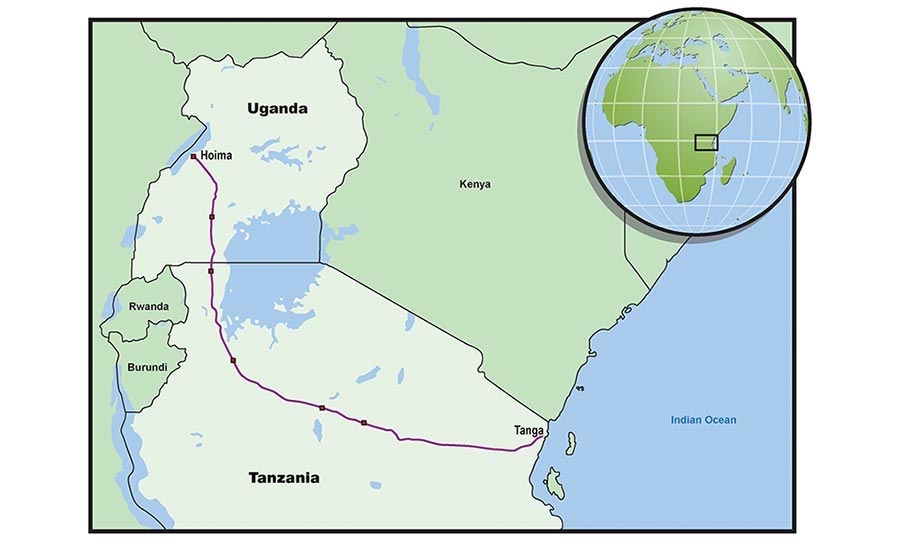The European Parliament has passed an emergency resolution to stop the ongoing works on Uganda-Tanzania oil project citing human rights violations and environmental threats.Total East African Crude Oil Pipeline (EACOP)…
European Parliament wants Uganda-Tanzania oil project halted over human rights violations


